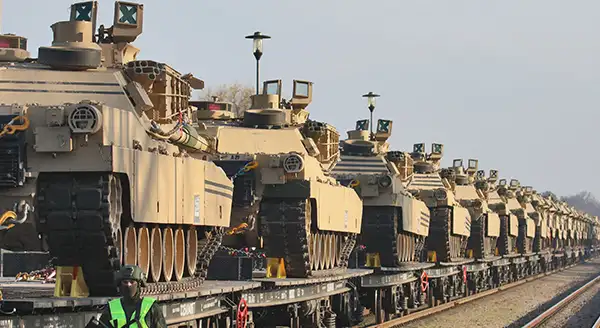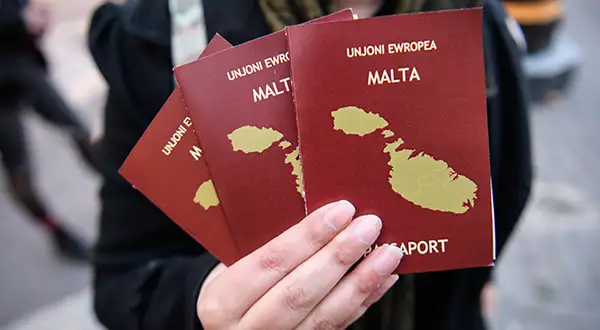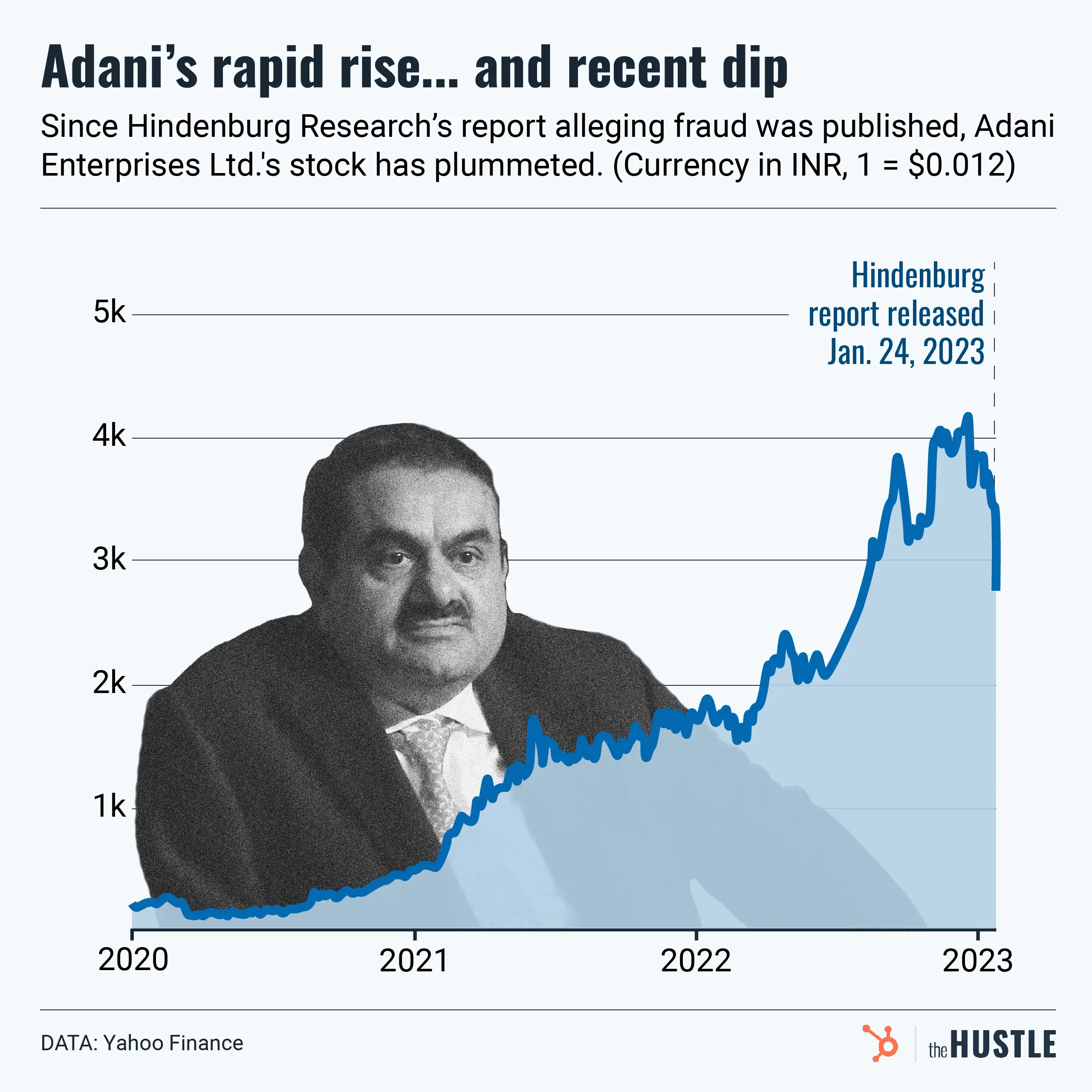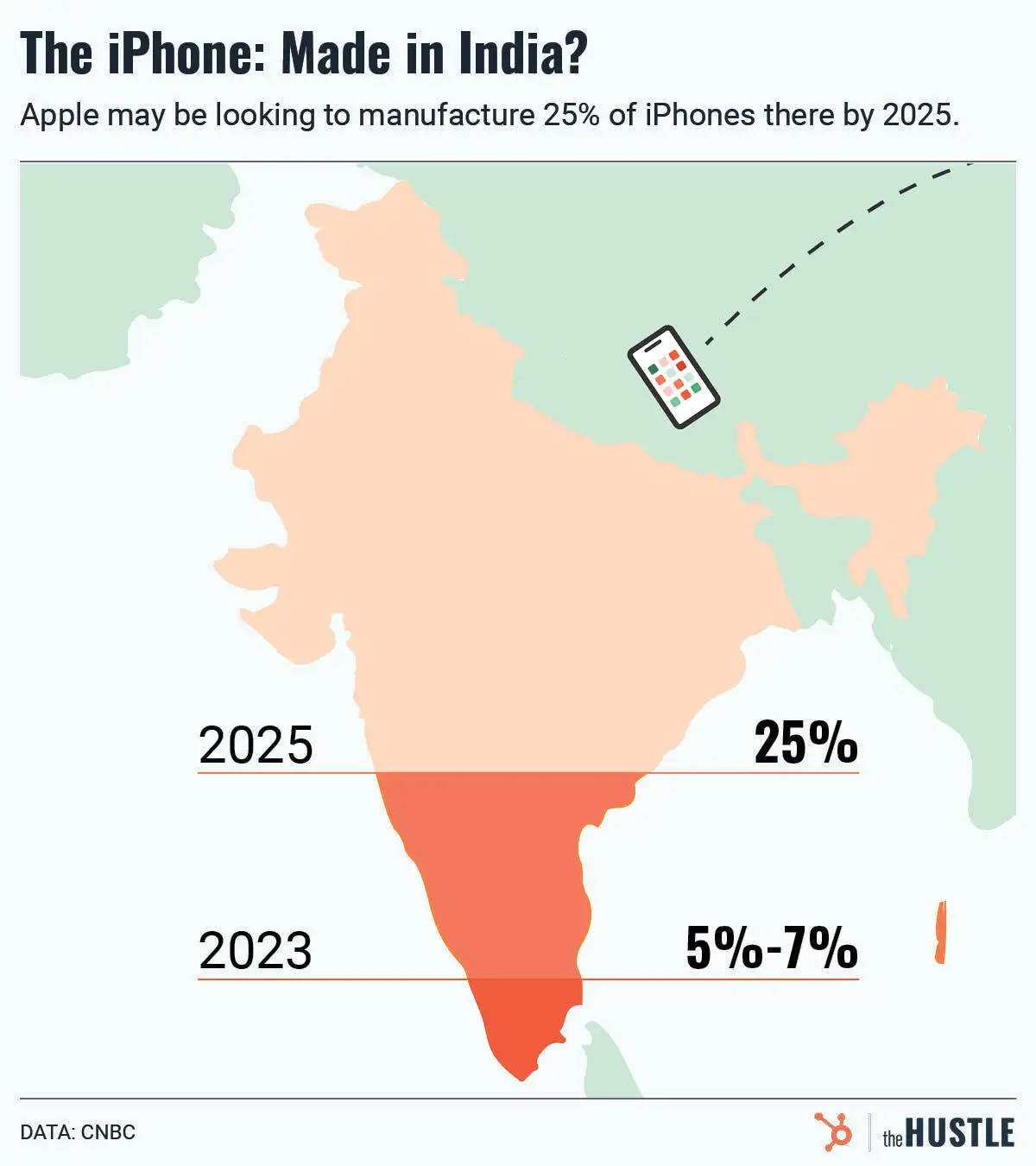The unfortunate fate of financial acronyms is that for most people, their meaning goes in one ear and out the other (shoutout to EBITDA, SPAC, ETF, and countless others).

Such is the case with SWIFT, which stands for Society for Worldwide Interbank Financial Telecommunication (say that 5 times fast).
With Russia facing SWIFT sanctions, we did a little digging to go beyond the acronym and figure out why SWIFT matters, and what the sanctions actually mean.
So, what does SWIFT do?
The primary function of SWIFT is to serve as a messaging system that provides transaction instructions for international transfers among its members (AKA banks).
Before SWIFT, when transferring funds internationally, banks needed to describe transactions manually — using sentences — which opened the door to human error and long processing times.
SWIFT’s key innovation is the use of codes, which apply to both its members and transactions:
- Each member institution gets a code, which identifies its country, city, and the institution
- Each transaction type gets a code specifying what’s happening (e.g., customer payment, bank transfers, etc.)
Its use of codes, along with the security of its platform, have made SWIFT the dominant network for global transaction communications.
How big is SWIFT?
In short, very. Per BBC, the SWIFT network:
- Is used by 11k banks across 200+ countries
- Powers 40m+ messages per day that influence trillions of dollars in transactions
This scale poses a problem for Russia. Cutting off its banks from SWIFT means banks will have to deal with each other directly, adding delays and costs to the country’s global transactions.
This isn’t the 1st time sanctions have been imposed
In 2012, as part of sanctions due to its nuclear weapons program, Iran was booted from SWIFT. The total sanctions resulted in a 50% drop in oil revenue and a 30% decrease in foreign trade.
The news of sanctions has already caused a sharp drop for the ruble, Russia’s local currency, and is figured to have wider implications down the line.
For more: Check out this running Twitter thread from The Atlantic’s Derek Thompson, who is tracking the economic fallout from Russia’s sanctions.











